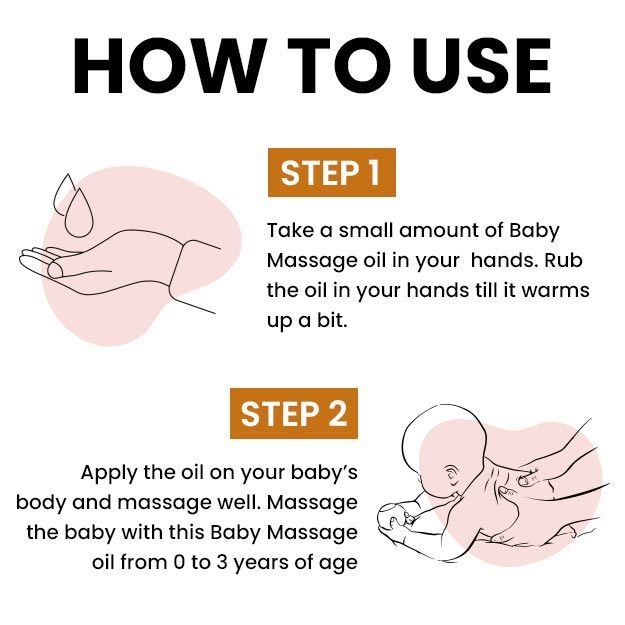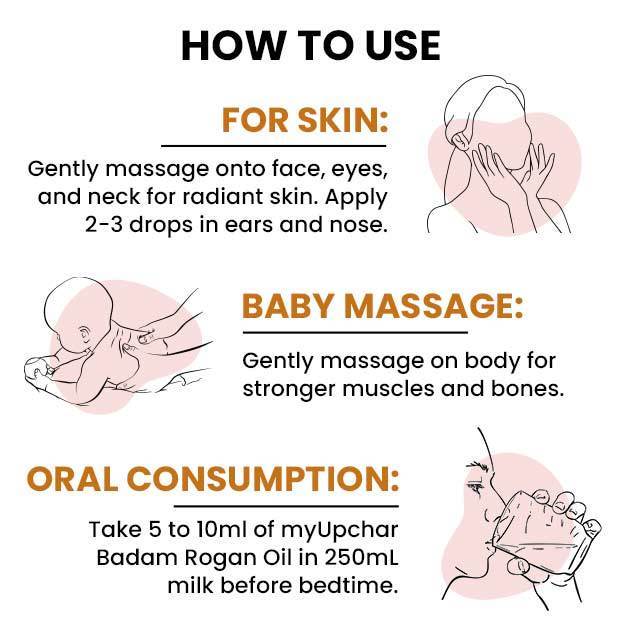When a baby is born after a full term of 39-40 weeks, he or she typically weighs two to three kilograms. Soon after birth, the baby loses around 10% of body weight because of fluid loss and some tissue breakdown. But he or she regains this weight quickly, typically within a week-12 days.
As the baby grows, his or her weight and height should gradually increase. Between four to six months after birth, infants gain four to seven ounces per week. They also gain 1.5-2.5 cm in height per month. You might notice that the baby now weighs double their birth weight. In six to 12 months after birth, the baby gains three to five ounces per week and grows around 1 cm a month. Paediatricians say that by the age of one year, your baby should weigh triple the weight they had at birth and should increase in length by 50%.
However, there can be some reasons such as metabolic disorders (childhood diabetes) or premature birth which may lead to slow weight gain in a newborn. According to the American Academy of Pediatrics, if you see that your baby is not gaining weight immediately after birth, you should not panic.
Here in this article, we will tell you about the reasons why your baby could be underweight and some ways to increase your baby’s weight.





























